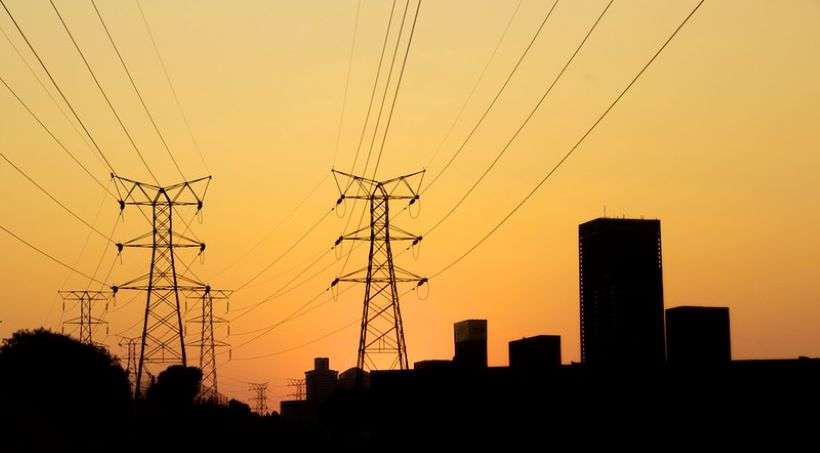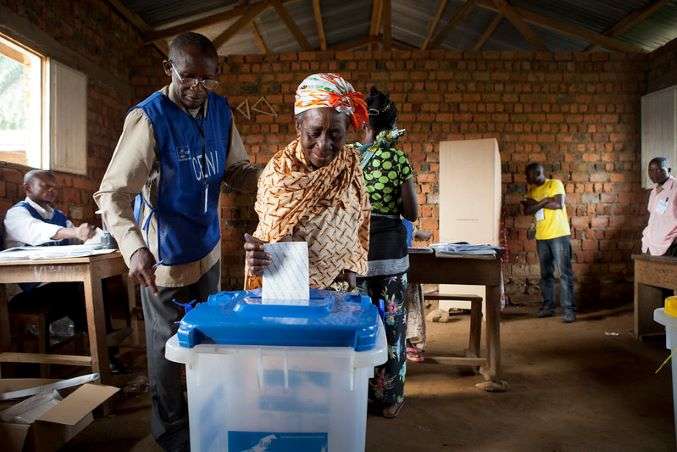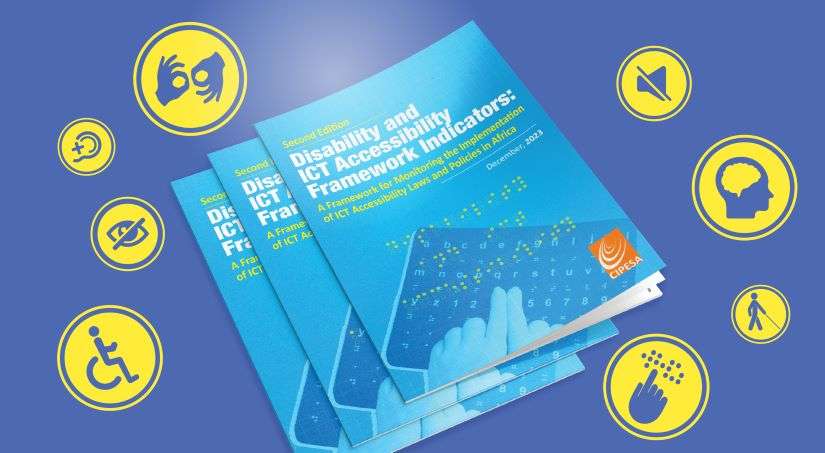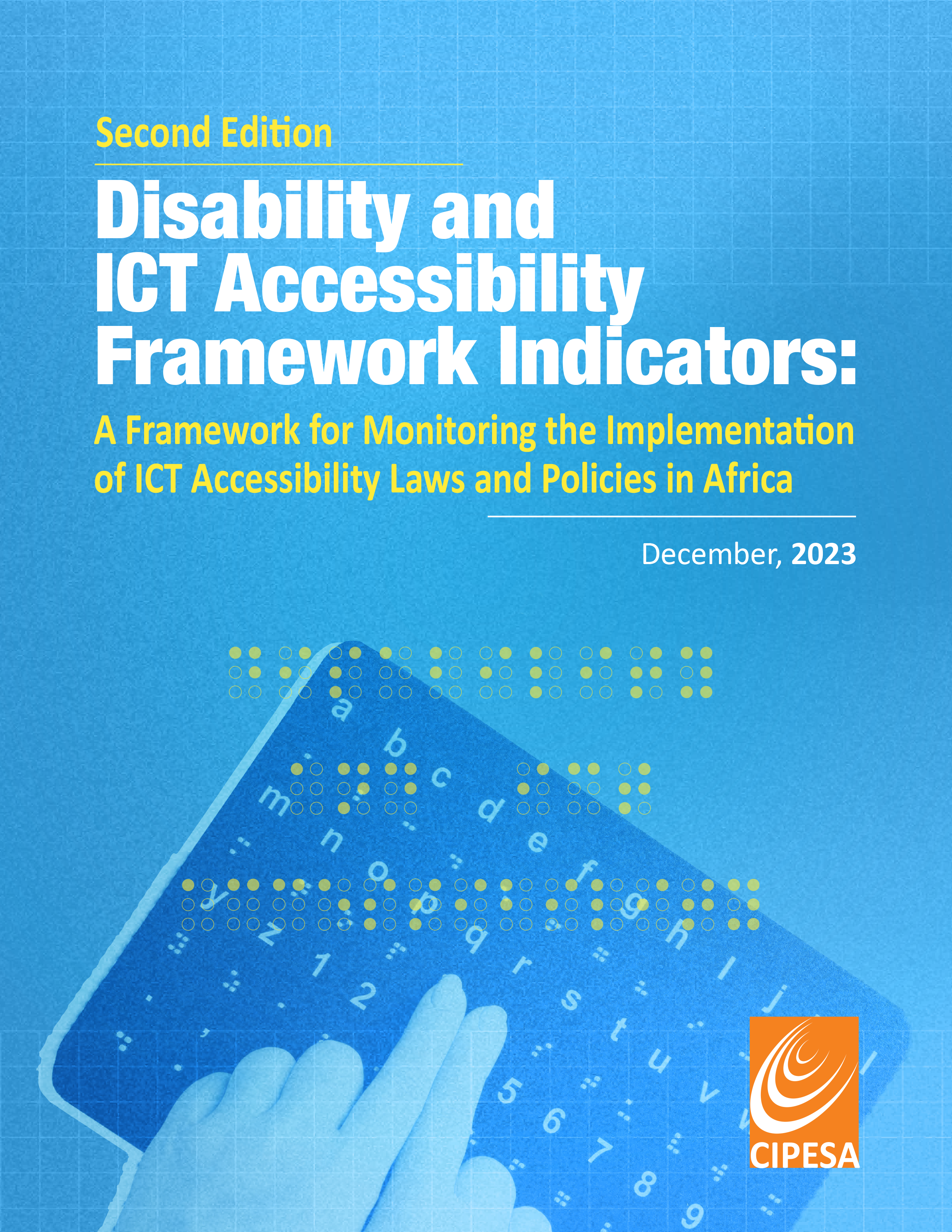By Tusi Fokane |
Over the last 15 years, South Africa has been caught in the midst of an energy crisis with 2023 marking the most challenging period. The country experienced record-breaking power cuts, resulting in 300 days of load shedding at an economic cost of ZAR 1 billion per day (USD 55 million). The power cuts which in some instances run up to eight hours a day have impacted South African society in various ways including through a rise in crime, reduced access to economic opportunities, health care, education and essential government services. There have also been concerns raised on the impact of load shedding on access to the internet.
Internet access concerns fueled by the power cuts have included data affordability, availability of pre-paid internet packages, and convenience of access. Whilst telecommunications companies have taken steps to minimise access disruptions, by investing in increased security, back-up, and alternative sources of energy, experts have warned that the continued power disruptions would exacerbate the digital divide, particularly for rural and poor communities. As part of efforts to avert the crisis, in May 2023, the Independent Communications Authority of South Africa (ICASA), established a committee to assess the impact of load shedding on consumers of electronic communications, broadcasting, and postal services towards informing regulatory interventions for the sector.
Meanwhile, according to the Institute for Security Studies (ISS) telecommunications companies are lobbying for the declaration of the sector as a national strategic asset under the Critical Infrastructure Protection Act. The law deems a sector critical if it is essential for the economy, national security, public safety and the continuous provision of basic public services.
A Fracturing Digital Access Divide
An estimated 79 percent of the South African population has access to the internet, predominantly through their mobile devices. Access to the internet, particularly in the post-Covid-19 environment, increased reliance on the sector as internet access facilitated many digital activities such as remote work and e-learning. However, the frequency of load shedding affects digital gains particularly for small businesses and students, leaving those without access to alternative sources of power, often unable to access internet services effectively. According to Accountability Lab, citizens who can afford extra internet data, generators, and solar panels are managing to cope with the power outages. However, the Lab notes a widening of the gap between “digital haves and have-nots” and stresses that ”with limited access to online education and work options, citizens who are already struggling to afford the cost of living find themselves further behind.” Activists have warned that any load shedding mitigation undertaken by mobile network operators should not come at the expense of poor consumers who run the risk of being charged more for data services.
Indeed, in a country with one of the highest inequality levels in the world, and an unemployment rate of 42 percent, there are concerns that continued load shedding is contributing to inequality and deepening the digital divide. Lower-income households have resorted to staying up until midnight waiting to benefit from “internet happy hours” where data packages are offered at cheaper rates than daytime packages.
Money Spent on Mitigating Load Shedding Could be Used to Expand Rural Access
Telecommunications service providers have not been spared from the consequences of the power cuts. The country’s second-largest mobile operator – MTN South Africa – reportedly spent ZAR 6.6 billion ( USD 360 million) on improvements to its network in 2023. Competitor, Vodacom, is set to increase its annual infrastructure spend to ZAR 12 billion (USD 654 million) to strengthen its network. The investments will go towards back-up power systems (additional batteries, fuel and generators, and alternative energy sources) at their base stations and data centres. In addition, operators face increased security costs, due to theft and vandalism at their sites including the potential theft of high-capacity batteries which can fetch high values on the black market.
The investment into back-up systems and batteries is key as longer periods of load shedding often result in batteries not charging sufficiently, affecting network availability, particularly in rural areas. ICASA was recently taken to task by Members of Parliament for not conducting effective oversight in ensuring access to adequate network coverage. It was noted that service providers generally take their time to get to rural areas when there is a breakage or theft of cables or batteries, which undermines network stability in affected communities. The Select Committee Chair on Public Enterprises and Communication highlighted that internet access “is now no longer a matter of privilege but rather a right to have reliable signal” adding that ICASA needs to be firm and ensure that communications services are consistently provided.
However, further challenges remain in rural areas which still face insufficient infrastructure deployment. Network operators concede that ongoing load shedding diverts much-needed capital away from rural infrastructure projects and new technologies. Concerns have also been raised on the negative impact to consumers, who will likely carry the additional costs through higher tariffs. Higher income earners have invested in fibre and wireless solutions to maintain connectivity during load shedding, but this comes with the additional costs of installing uninterruptible power supply (UPS). Some experts suggest that satellites, coupled with alternative energy sources, may be more resilient during higher stages of load shedding, or in the event of a total grid collapse.
Industry stakeholders, through the Association of Comms and Technology have been lobbying for increased government support through policy reform and fuel subsidy rebates in order to avert a digital doomsday scenario where digital networks fail as a result of ongoing power cuts. The industry eagerly awaits the outcome of the ICASA committee on the impact of load shedding on the communications sector, which will hopefully also provide some relief to South African internet users.






